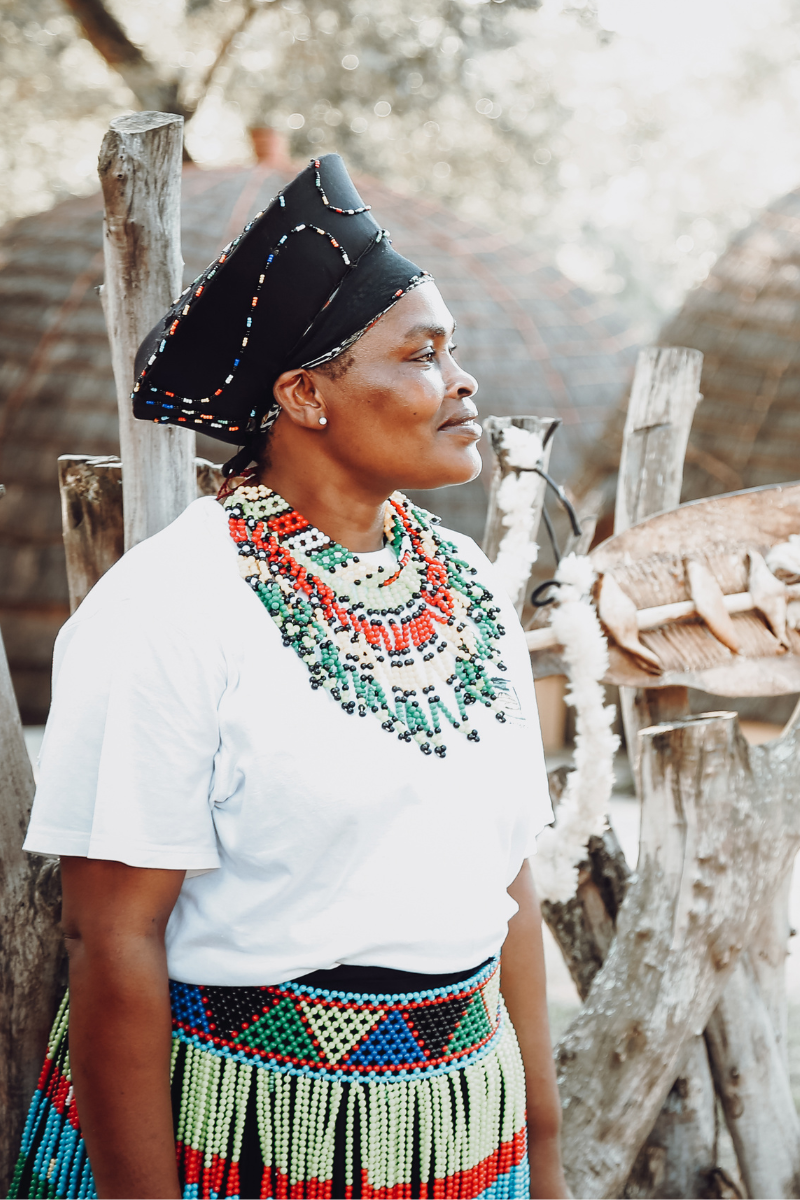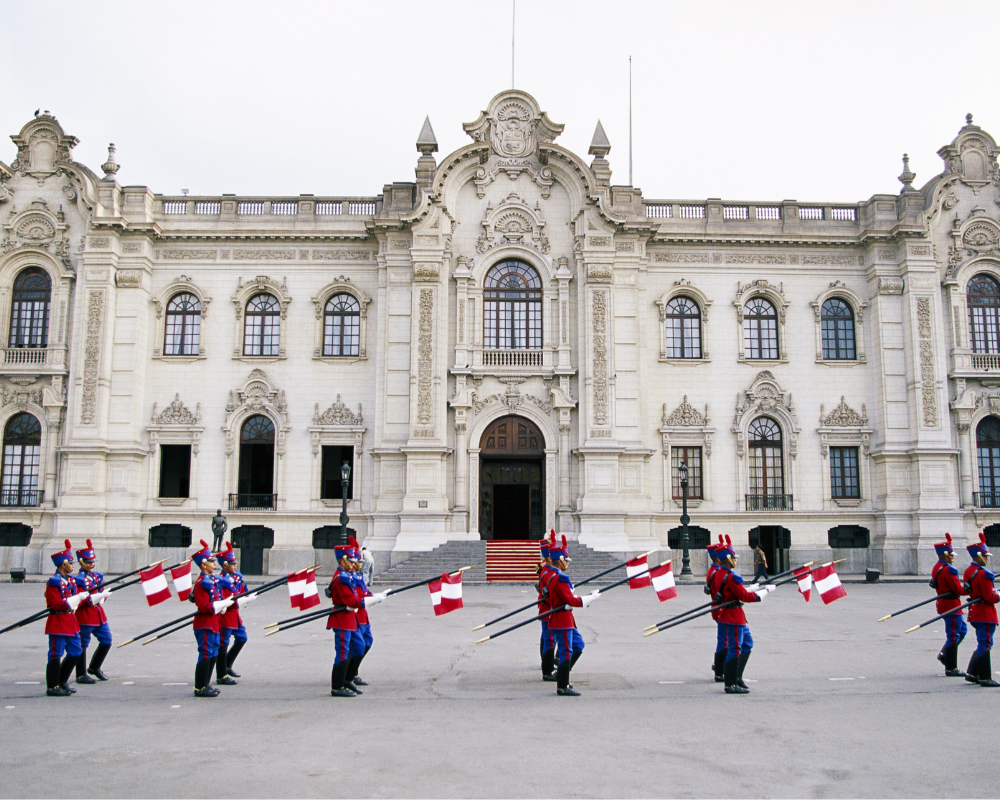Country Catalysts

DPI’s Country Catalysts are a proven, inclusive, multi-stakeholder process
designed to tackle country or region-specific challenges with the goal of co-creating new collaborative solutions that deliver impact.
designed to tackle country or region-specific challenges with the goal of co-creating new collaborative solutions that deliver impact.
This work embodies our development partner approach, leveraging mining as a catalyst for social and economic development.
The DPI Catalyst process was initially designed at a leading business school, the Kellogg School of Management, where Peter Bryant (DPI Board Chair and Co-Founder) was a Senior Fellow. The program was designed to tackle intractable issues faced by society, an industry or a company that were:
– multi-stakeholder in dimension
– affected by a low level of understanding and trust amongst stakeholders.
A Country Catalyst is most effective when all stakeholders can benefit from an approach based on principles and assisted by a team that is world-class at convening and facilitating difficult discussions. The ultimate goal of every Catalyst is to deepen understanding, build trust and ultimately co-create a shared vision and a roadmap forward for stakeholders and companies within a geographic area.
And it’s more than just a theory: the Catalyst process has been successfully applied in countries including Zambia, Peru and Australia.
The DPI Catalyst process was initially designed at a leading business school, the Kellogg School of Management, where Peter Bryant (DPI Board Chair and Co-Founder) was a Senior Fellow. The program was designed to tackle intractable issues faced by society, an industry or a company that were:
– multi-stakeholder in dimension
– affected by a low level of understanding and trust amongst stakeholders.
A Country Catalyst is most effective when all stakeholders can benefit from an approach based on principles and assisted by a team that is world-class at convening and facilitating difficult discussions. The ultimate goal of every Catalyst is to deepen understanding, build trust and ultimately co-create a shared vision and a roadmap forward for stakeholders and companies within a geographic area.
And it’s more than just a theory: the Catalyst process has been successfully applied in countries including Zambia, Peru and Australia.

Why are new approaches needed?
New collaborations, bold ideas, and innovation are vital throughout the value chain to achieve the transformation required to meet the rising global demand for minerals.
Traditionally, mining has tended to centre dialogue around itself and its own needs, with insufficient understanding of the needs of the many stakeholders unique to different regions. In order to be sustainable, ethical and effective, it is vital to create spaces where more nuanced dialogue and exploration can occur.
New approaches mean adapting to a new world and seeing its role and power in a completely fresh way – through the lens of its customers, leaders, communities, and indigenous peoples.
Traditionally, mining has tended to centre dialogue around itself and its own needs, with insufficient understanding of the needs of the many stakeholders unique to different regions. In order to be sustainable, ethical and effective, it is vital to create spaces where more nuanced dialogue and exploration can occur.
New approaches mean adapting to a new world and seeing its role and power in a completely fresh way – through the lens of its customers, leaders, communities, and indigenous peoples.
THE COUNTRY CATALYST PROCESS
After conducting a number of Country Catalyst events, DPI has created a four step process that helps open conversation and foster collaboration. For each Catalyst, DPI will:
SCOPE,
This involves visiting the country to assess needs and the appetite for our program. It includes the evaluation of key challenges and opportunities from a broad audience.
After scoping the possibility for a program, DPI convenes wide, multi-stakeholder gatherings over three sprints.
After scoping the possibility for a program, DPI convenes wide, multi-stakeholder gatherings over three sprints.
SPRINT 1, CATALYZE & IDEATE
In the first sprint, we seek to help participants gain a broad understanding of each stakeholder's values, goals, and expectations to identify shared values and purpose. It enables the identification of current challenges, opportunities and themes for future collaborative action.
SPRINT 2, REFLECT & CREATE
Sprint Two involves a small core group of senior leaders and representatives of key stakeholders. They have the opportunity to collaborate on the findings of Sprint One and prioritise key themes for future collaborative action.
SPRINT 3, DESIGN
In the third sprint, core leaders and representatives develop:
- a framework to progress themes
- action plans to test assumptions and momentum for identified themes and responsibilities
- immediate next steps and concrete commitments
- a framework to progress themes
- action plans to test assumptions and momentum for identified themes and responsibilities
- immediate next steps and concrete commitments

Participant feedback from our 2018 Peru Catalyst program
“The environment created during the sessions have lowered barriers and help create trust.”
“It was very beneficial getting to know stakeholders that were difficult to meet otherwise (e.g church, artisanal miners).”
“Valuable to have a space where our companies talk about our opportunities, barriers, problems and share with other stakeholders”
“People were animated and saw something different and the possibility of new approaches. Kudos to DPI and your methodology. ”
“It was very beneficial getting to know stakeholders that were difficult to meet otherwise (e.g church, artisanal miners).”
“Valuable to have a space where our companies talk about our opportunities, barriers, problems and share with other stakeholders”
“People were animated and saw something different and the possibility of new approaches. Kudos to DPI and your methodology. ”
News

DPI welcomes Ana Gabriela Juarez to Board of Directors
The Development Partner Institute (DPI) is thrilled to announce the appointment of Ana Gabriela Juarez as a...

Deep Dives with DPI E7: Cultivating Sustainable Development with Mzila Mthenjane
In this episode of Deep Dives with DPI, we sit down with Mzila Mthenjane, CEO of the Minerals Council South...

Deep Dives with DPI E6: Collaboration, Ecosystems and Community Impact with Jon Samuel
This Deep Dives with DPI podcast episode features a conversation between Florence Drummond, Executive Director...





































